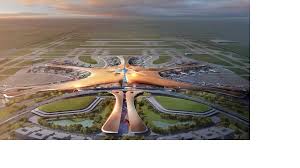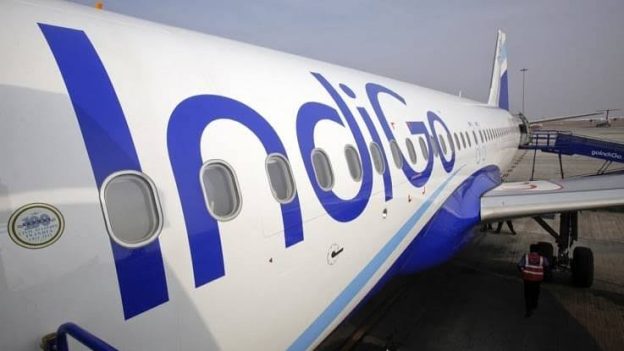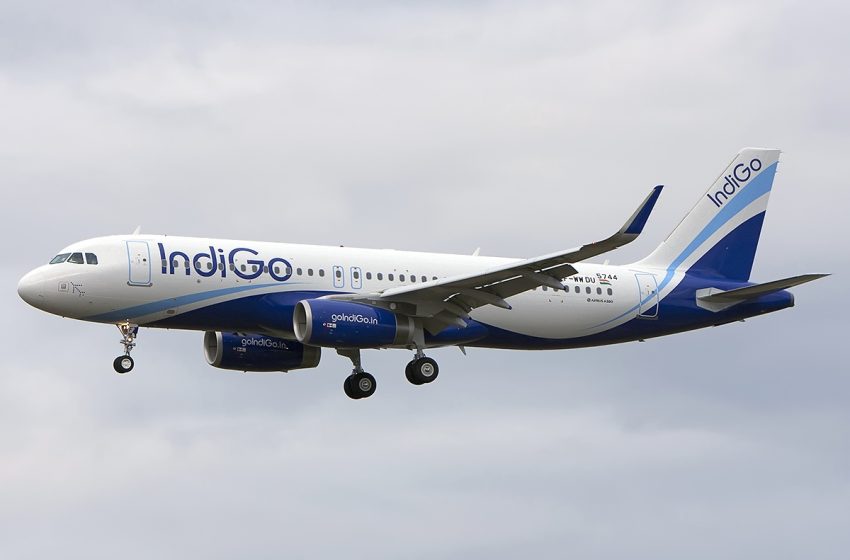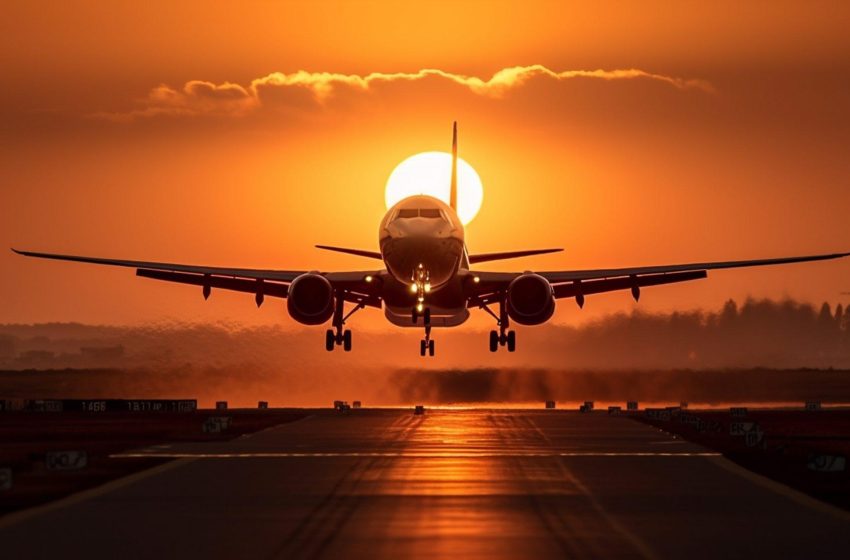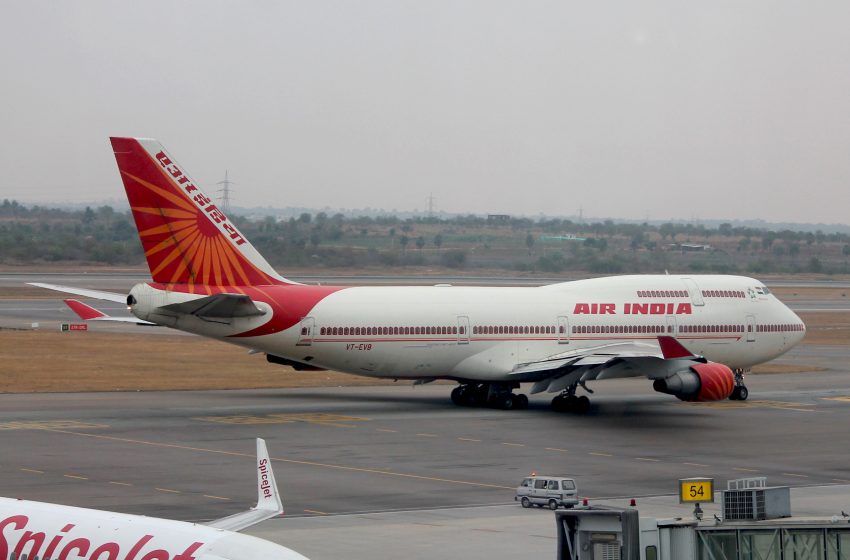Global airlines’ grouping IATA’s chief, Willie Walsh, has expressed optimism that India will provide more bilateral flying rights as Indian carriers are set to operate more wide-body planes in the coming years.
India, one of the world’s fastest-growing civil aviation markets, has been cautious about increasing bilateral flying rights while working to establish itself as a global aviation hub. The introduction of more wide-body planes by Indian airlines is expected to enhance direct connectivity to international destinations.
“It (bilateral flying rights) will improve. If you look at the aircraft orders, the wide-body aircraft orders that IndiGo and Air India have, they want to see more rights available to them. They are not going to get rights to fly unless you give them reciprocal rights. I am optimistic that it (bilateral flying rights situation) will change,” Walsh said on the sidelines of the IATA Global Media Day in Geneva.
Bilateral flying rights are agreements between two countries that allow airlines from each side to operate a specified number of flights. Some foreign carriers, particularly from the Gulf, have sought increased rights to operate more flights to India, given that the existing quotas have been fully utilized.
In September, Civil Aviation Minister K Rammohan Naidu noted that the government is proactively considering requests for enhanced bilateral flying rights. “We want to promote Indian airlines because we want to create our own aviation hubs,” he said.
Walsh highlighted the massive potential of India’s aviation market, calling it a “transformational” opportunity for the country’s economy and the global aviation industry. However, he raised concerns about whether air traffic control and airport infrastructure could keep pace with the rapid growth in airlines’ networks.
Significant investments are being made in airport infrastructure, with new airports opening across India. While IndiGo and Air India group currently account for nearly 90 percent of domestic air traffic, Walsh dismissed concerns about a duopoly, emphasizing the scope for new airlines and airport expansions in the domestic market.
The International Air Transport Association (IATA) represents around 340 airlines, accounting for more than 80 percent of global air traffic.
